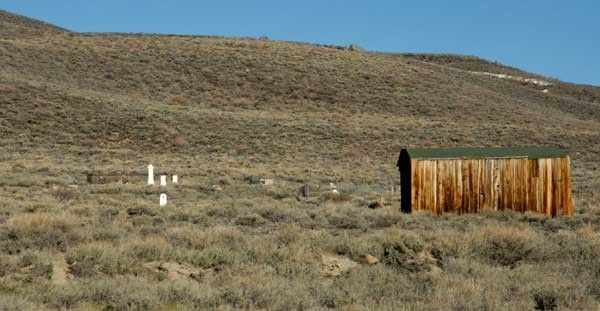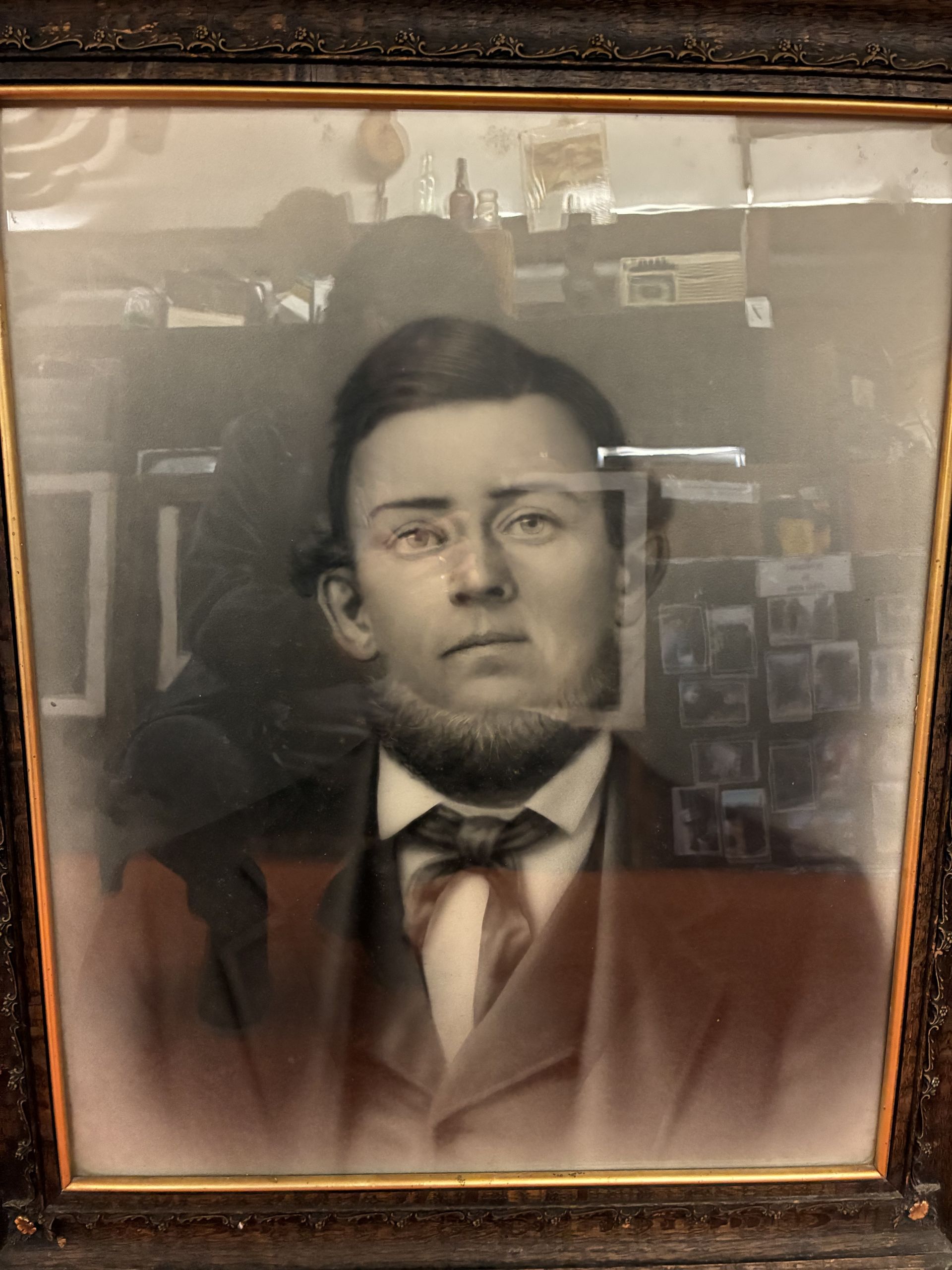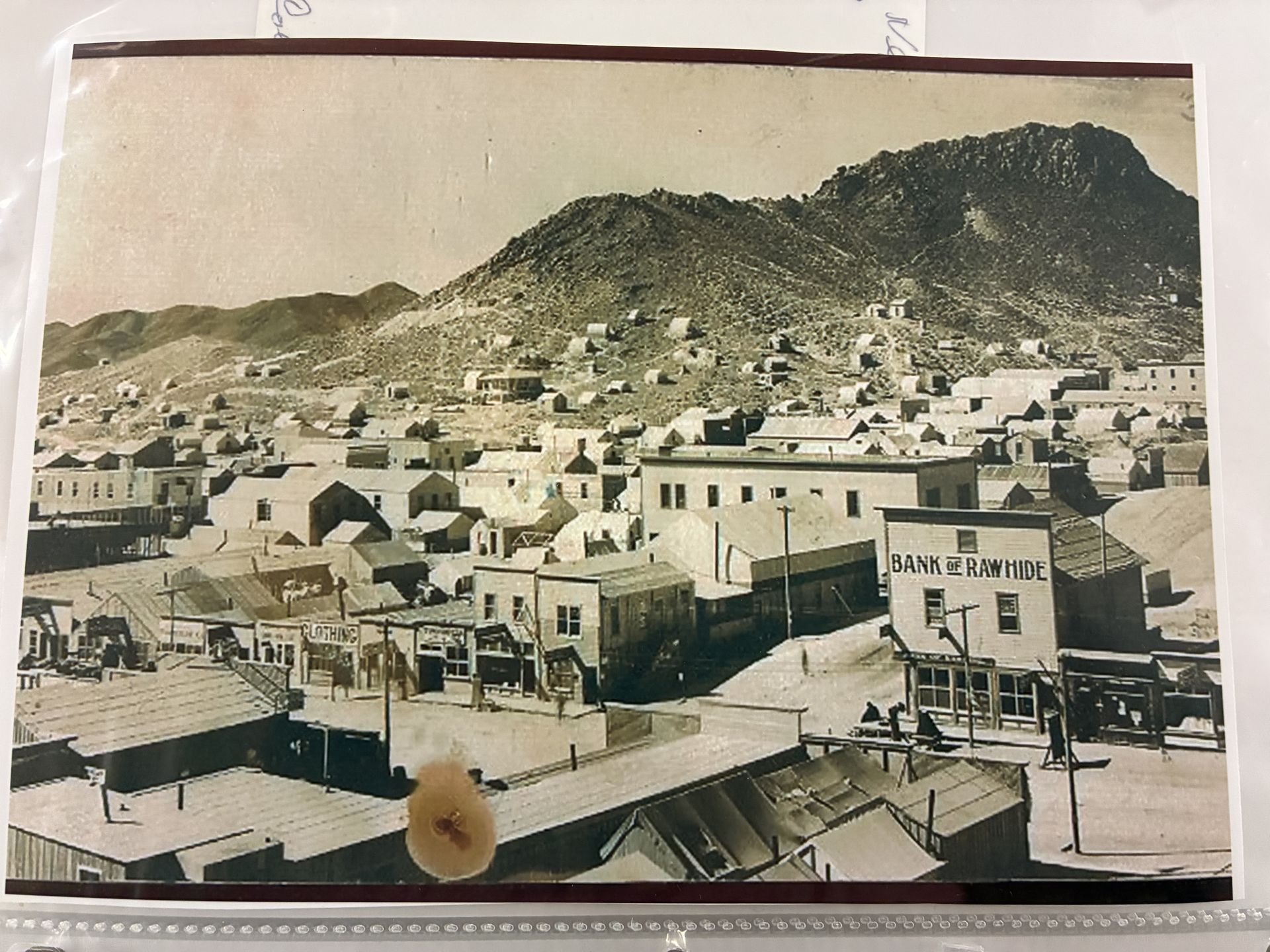William "Uncle Billy O'Hara
February is African American History Month. Originally known as Negro History Week it was first celebrated in February 1926. The celebration was expanded to a month in 1976, the nation's bicentennial.
William“Uncle Billy”O’Hara
In the late 1860’s the boomtown of Aurora, Nevada, was on the decline and the neighboring mining camp named after W. S. Bodey teeter tottered on the edge of extinction. Peter Eshington and Louis Lockberg combed the Bodie Hills for what gold and silver they could find, continuing to work the Bunker Hill Mine, while African American William “Uncle Billy” O’Hara, left Aurora and hung on to the dream as a staunch Bodie supporter. Without Uncle Billy, and his financing, Eshington and Lockberg may not have stuck around long enough to hit the mother lode that caused the sleepy camp of Bodie to awaken.
O’Hara started his career on the Mississippi steam boats working as a cabin boy. For 25 years he worked on the river. During this time, he met William C. Ralston, the future President of the Bank of California. Ralston ran a cotton boat on the Mississippi with O’Hara. When gold fever hit Ralston, Billy followed him. At the Isthmus of Panama, they caught up with each other, eventually winding up in San Francisco.
The rush for gold at Hildreth's Diggings (Columbia) in the foothills of the western Sierras called to Billy. With his wife, Charlotte, by his side, he decided to try his hand at placer mining. The restaurant business turned out to be a better deal, and he left the mines to run the Jenny Lind Hotel until 1859. Billy and his wife lived in a ranch near the hotel. His wife was noted for taking care of the miners and others who became sick. In August,1859, the O'Hara's threw a grand party at their ranch in honor of the twenty fifth anniversary of the British government’s abolition of slavery in the West Indies Islands. Local newspapers reported on the party, which was well attended by the citizens of Columbia. The O'Hara's were well liked by everyone.
When Charlotte O’Hara died in 1862, Billy left Columbia for the eastern side of the Sierras and the booming town of Aurora, Nevada Territory. The lavish basement restaurant at the Merchant’s Exchange Hotel was Billy’s next venture, where he was well regarded as manager. For O'Hara, race wasn't an issue, but other African Americans were discriminated against. When another Aurora citizen of color witnessed the burning of the Durand Mill on Bodie Creek he was not allowed to give testimony and the arsonists were never prosecuted. "Uncle Billy", as he had become affectionately known, was so well liked, however, that he was able to host a large farewell party for himself before his move to the mining camp of Bodie in 1865.
The Empire Mine Gold and Silver Mining Company hired O’Hara to run their boarding house, which was probably the first of its kind in the Bodie Mining District. Even after the properties were abandoned in 1867, O’Hara stayed on as watchman. At some point Billy received title to the Bunker Hill Mine. When he couldn’t find a buyer for the mine, he turned it over to Peter Eshington and Louis Lockberg, with the agreement that they would pay him $8,000 when the mine began to pull out ore. Eshington and Lockberg worked the Bunker Hill at a loss until an accidental cave-in revealed a rich vein.
Perhaps because of his success with money in Bodie, Uncle Billy O’Hara wound up back in Aurora where he earned a reputation as a fair and favorite lender to those in need. At his death in 1880, Billy had accumulated $40,000. Because of his assistance and encouragement to anyone who tried, the Bodie newspapers declared him the "Foster Father of Bodie & Aurora."
Bibliography
Bodie 1859-1900
by Frank Wedertz
Community Printing & Publishing, 1969
Bodie Bonanza
by Warren Loose
Exposition Press Inc., 1971
Bodie's Gold
by Marguerite Sprague
University of Nevada Press, 2003
Bodie-The Mines Are Looking Well.
by Michael H. Piatt
North Bay Books, 2003
African American History Month
The Library of Congress
www.africanamericanhistorymonth.gov/about.html
Daily Alta California
Volume 32, Number 10969, 26 April 1880
via Veridan Newspaper Archive

Bodie Cemetery Where Uncle Billy is buried, Like Bodey, his grave is unmarked


